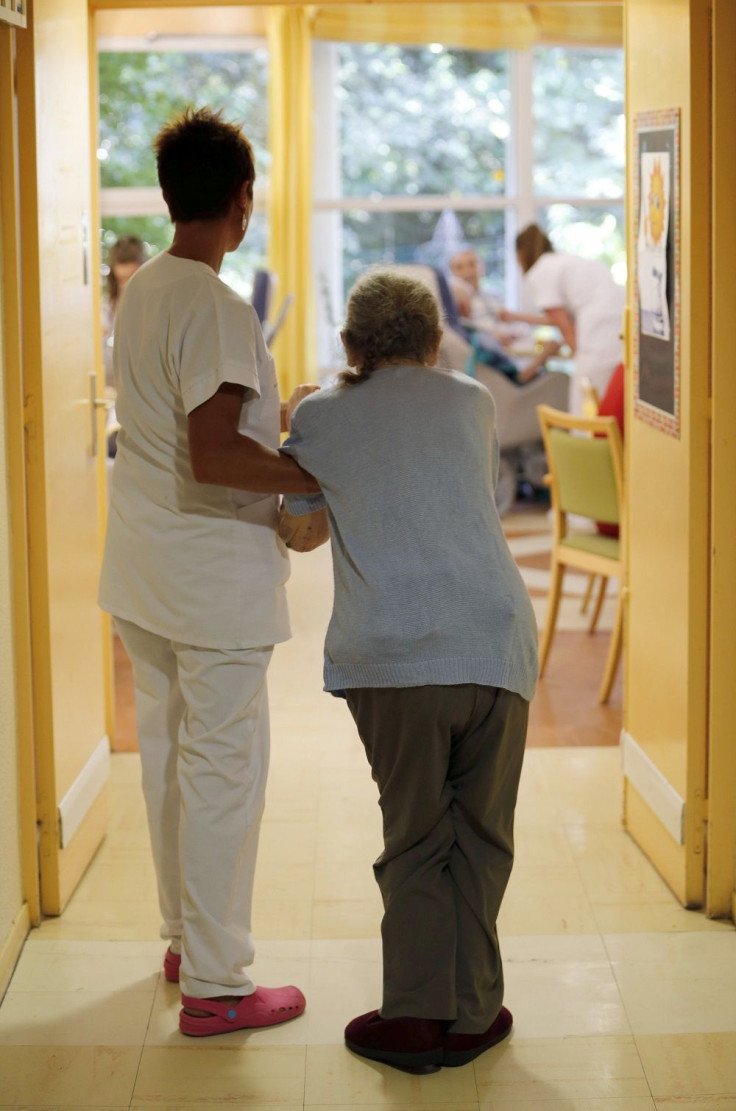Almost 1 million demented Australians by 2050, study warns

Over the next 34 years, the number of Australians suffering from dementia is expected to more than double from the current 380,000 diagnosed cases. University of Canberra (UC) researchers project that their number would more than double to 1 million by 2050.
The alarming rise is due to the country’s aging population. The situation needs a deeper study of population forecasts and the prevalence of dementia within the elderly population, and the key risks factors, says UC Professor Laurie Brown.
Brown, convenor of UC’s National Centre for Social and Economic Modelling (NATSEM), says despite the startling numbers, the early projections would help the government and organisations craft strategies to deal with the ailment associated with aging.
The basis of the 1 million forecast is NATSEM’S participation in an initiative on early diagnosis and prevention held by the Dementia Collaborative Research Center. It resulted in the creation of the current model based on population growth, aging and tracking the risk factors in that population, according to the UC press release.
She notes that most of the key risk factors for dementia are similar to cardiovascular diseases such as mid-life obesity for late-life dementia, and education. Brown points out that early school leavers are at twice the risk of acquiring dementia.
Especially important for government to identify and address is the accommodation for dementia patients and the circumstances. Brown notes that most of them live with elderly partners of adult children, such as daughters who serve as their main caregivers.
“It is important to know where people are likely to be living, so we can inform everything from urban planning for age-friendly towns … and support for families involved in caring for older relatives with dementia,” ABC quotes Brown.
She points out that by 2050, one in five Aussies would be aged 65 and above which would place immense burden on informal carers of the seniors. Brown stresses, “Dementia presents a significant burden of illness in the Australian community and it is accompanied by high social and economic costs. It is something that governments should be planning for already and setting those plans in motion.”





















